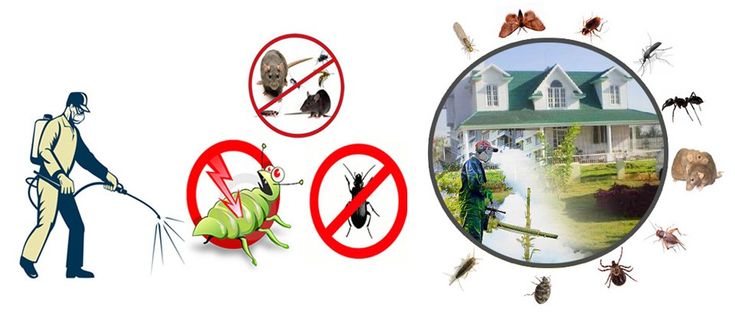The Ultimate Guide to Pest Treatment Services and Bed Bug Treatment
Pests can cause significant disruption in homes and businesses, making it crucial to invest in effective pest treatment services. Among the most challenging pests are bed bugs, which require specialized bed bug treatment methods. In this guide, we will delve into the importance of pest control, the types of treatments available, and how to effectively manage and prevent infestations.
Why Pest Control is Essential
Pests like rodents, termites, and bed bugs not only damage property but also pose health risks. Here are some compelling reasons to consider professional pest treatment services:
- Health Protection: Pests are carriers of diseases such as salmonella, hantavirus, and Lyme disease.
- Property Damage: Termites can destroy wooden structures, while rodents chew through electrical wiring, causing potential fire hazards.
- Peace of Mind: A pest-free environment ensures a comfortable and stress-free living or working space.
Understanding Pest Treatment Services
What Are Pest Treatment Services?
Pest treatment services refer to professional interventions aimed at identifying, managing, and eliminating pests from residential or commercial spaces. These services include inspections, preventive measures, and eradication using safe and effective techniques.
Types of Pest Treatment Services
- Chemical Treatments: Use of pesticides to eliminate pests quickly and effectively.
- Biological Treatments: Introduction of natural predators or parasites to control pest populations.
- Integrated Pest Management (IPM): A comprehensive approach combining multiple strategies to minimize pest damage sustainably.
- Heat Treatments: Used especially for bed bugs, heat treatment eradicates pests without chemicals.
Bed Bug Treatment: A Targeted Approach
Bed bugs are notoriously resilient pests that feed on human blood, causing discomfort and potential health risks.
Signs of a Bed Bug Infestation
- Red, itchy welts on the skin, typically appearing in clusters.
- Dark stains (bed bug excrement) on mattresses and bedding.
- A sweet, musty odor in heavily infested areas.
Effective Bed Bug Treatment Methods
- Steam Treatment: High-temperature steam effectively kills bed bugs and their eggs on contact.
- Encasements: Special mattress and pillow covers prevent bed bugs from accessing hiding spots.
- Vacuuming: Regular vacuuming removes visible bed bugs and their eggs.
- Chemical Treatments: Insecticides specifically designed for bed bugs offer effective eradication.
Steps to Prepare for Pest Treatment Services
1. Inspection
Thoroughly inspect the affected areas to identify the type and extent of infestation.
2. Declutter
Remove unnecessary items to provide better access for treatment.
3. Clean and Sanitize
Vacuum and wipe down surfaces to eliminate food sources for pests.
4. Communicate with Professionals
Provide detailed information to the pest control team to ensure targeted treatment.
Preventive Measures to Avoid Pest Infestations
Prevention is always better than cure. Here are some practical tips to minimize the risk of pest problems:
- Maintain Cleanliness: Regular cleaning eliminates potential food sources and hiding spots for pests.
- Seal Entry Points: Use caulking and weather stripping to close gaps around windows, doors, and vents.
- Proper Food Storage: Store food in airtight containers to deter pests like ants and cockroaches.
- Regular Inspections: Schedule periodic inspections with professional pest control services to catch problems early.
FAQs About Pest Treatment Services and Bed Bug Treatment
1. How often should pest treatment services be conducted?
Regular inspections should be done every six months, while treatments depend on the type of infestation and severity.
2. Is bed bug treatment safe for children and pets?
Yes, most professional treatments use safe, non-toxic methods. Always discuss your concerns with the service provider.
3. How long does it take to eliminate bed bugs completely?
Effective bed bug treatment may require multiple sessions over a few weeks, depending on the infestation level.
4. Can I do pest control myself?
DIY methods can be effective for minor issues, but professional services are recommended for severe infestations.
5. Are there natural methods for pest control?
Yes, using essential oils like tea tree or peppermint, or introducing beneficial insects, can help control pests naturally.
Conclusion
Investing in reliable pest treatment services and specialized bed bug treatment is essential for maintaining a healthy, comfortable living or working environment. Whether dealing with a minor infestation or a major pest problem, understanding the available treatment methods and prevention strategies is key to long-term success.
By taking proactive measures and seeking professional assistance when necessary, you can ensure that your space remains pest-free and enjoyable for years to come.


